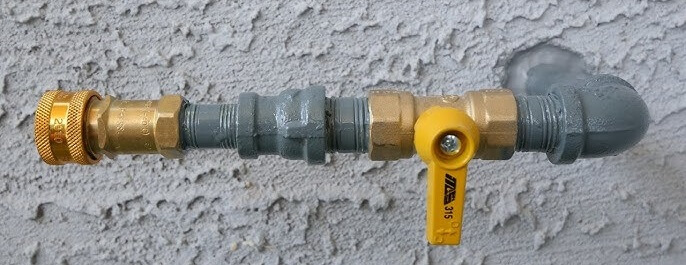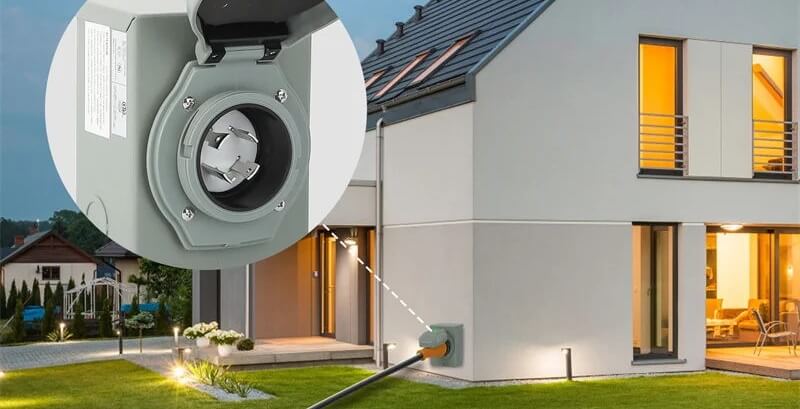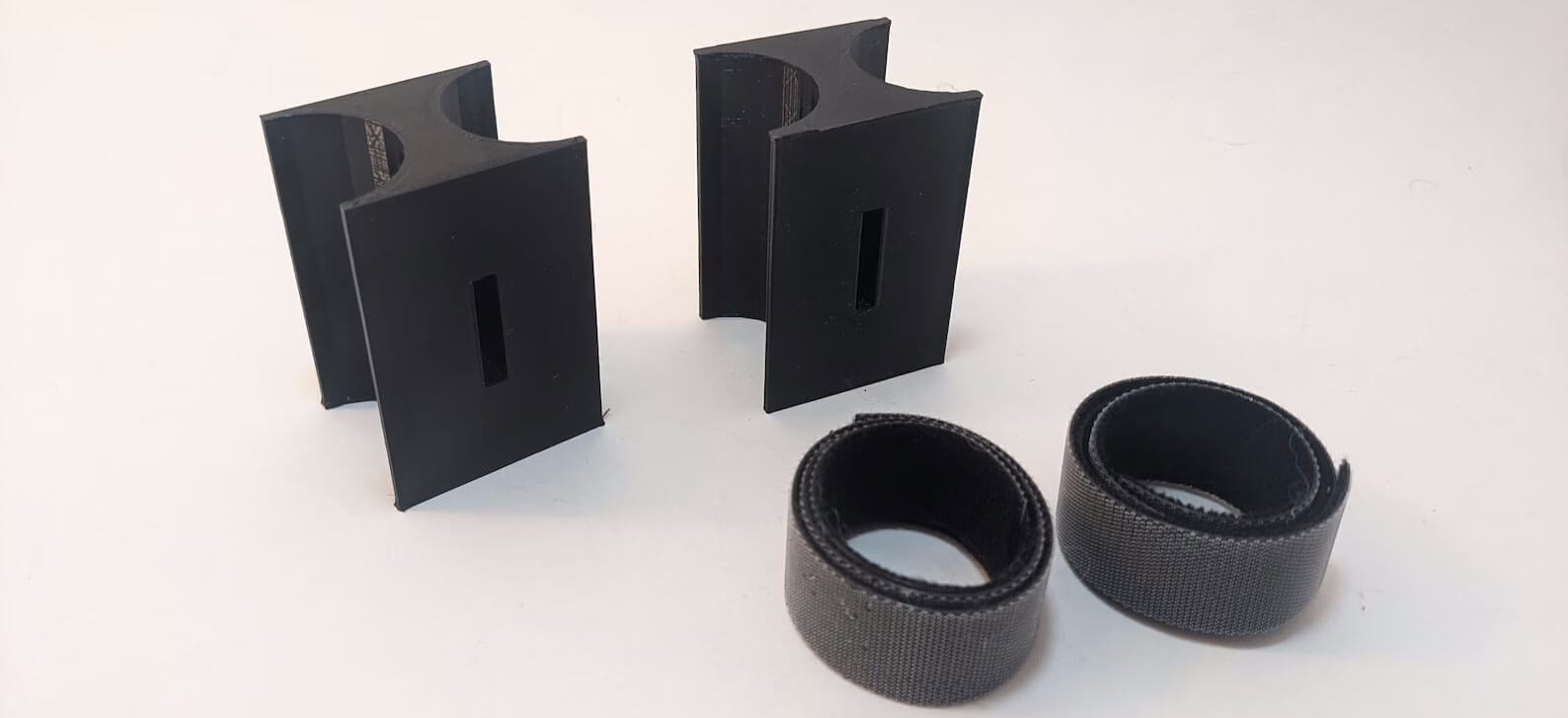Buffalo, NY, known for its harsh winters, requires residents to be prepared for power outages. Generators are a crucial part of this preparedness, offering a reliable power source when the grid fails. This guide delves into the types of generators suitable for Buffalo, along with tips on fuel storage, maintenance, and installation.
Understanding Generator Options
Gas Generators
Gas-only generators offer a cost-effective alternative for Buffalo residents seeking a reliable power source. These generators exclusively rely on gasoline, making them a simpler and often more budget-friendly choice. While they lack the dual or tri-fuel versatility, the affordability and widespread availability of gasoline can make them an attractive option for those prioritizing simplicity.
Dual Fuel Generators
Dual fuel generators are an excellent choice for Buffalo residents due to their long-term fuel storage capabilities. They can run on gasoline or propane, providing flexibility in fuel availability.
Tri-Fuel Generators
For those seeking the utmost flexibility, tri-fuel generators are the way to go. They can operate on gasoline, propane, or natural gas, making them a versatile choice for varying conditions. You can buy gas now and make a long term plan for implementing natural gas or propane tank purchases.
- Firman Refurb (The one I have)
- Home depot
- Lowes
Natural Gas Kits
While natural gas kits offer a direct line of fuel, they limit the use of propane. This might not be the best option for those who want the flexibility of using propane. But can be a great option for thos only planning to use natural gas.
Fuel Storage and Maintenance
Storing Gasoline
For gasoline storage, it’s recommended to use ethanol-free gas, available at most local Delta Sonics and a few others. Adding a fuel stabilizer is crucial for long-term storage. Avoid using standard E85 or similar fuels as they can cause corrosion and clog fuel lines and carburetors.
Battery Maintenance
Use a battery tender for storing the generator, or store the battery indoors to ensure it remains charged and ready for use. Cold temps can drop the battery levels to nearly zero and destroy the batteries used for starting a generator.
Propane Tanks
Standard store-bought propane tanks contain ~15 lbs of fuel. It’s advised to top them off at refill stations like U-Haul, which offers affordable rates. Store propane tanks outdoors, using an outdoor cover to protect them from rust and snow. Typically, 2-3 full-capacity tanks (~20 lbs each) are needed for a robust backup fuel source.
Installation Considerations
Adding a Natural Gas Line

For tri-fuel generators, adding a high-output natural gas line is essential. Ensure a licensed plumber installs this, and it’s important not to connect it to existing lines to avoid disrupting your furnaces natural gas supply. Purchasing a quick connect hose will come with the nessesary outlet for the gas supply.
Generator Inlet Power

For powering the entire home, consider installing a NEMA L14 Dual phase inlet with an interlock kit on your panel. This setup, installed by a professional electrician, allows for more devices to be powered simultaneously without the need for extension cords. A 20ft NEMA L14 cable is recommended to keep the generator safely distanced from the home.
Noise Reduction
To reduce noise, tighten any loose bolts and secure handles. I offer a sound-dampening handle strap on my Etsy store, which can significantly decrease noise output.

Engage with the Article
Local Professionals, We Need Your Expertise! To make this guide as comprehensive and helpful as possible, I invite local electricians and plumbers to contribute. Share your recommendations and tips for generator installation and maintenance. Your insights are invaluable to our community.
Readers, Share Your Experiences! Have you installed a generator in your Buffalo home? What challenges did you face, and how did you overcome them? Your stories can help others prepare better.
Looking for Local Links If you know of any local Buffalo businesses or professionals specializing in generators, electric work, or plumbing, please share their details. Let’s build a network of reliable resources! I will try and keep this list of electricians and plumbers willing to install these kits.
Interlock Electricians:
- TBD
Generator Plumbers:
- TBD
Other links:
- TBD
By working together, we can ensure that our community in Buffalo is well-prepared for any power outages, with safe and efficient generator use. Your participation and insights are what make this article a valuable resource for all!